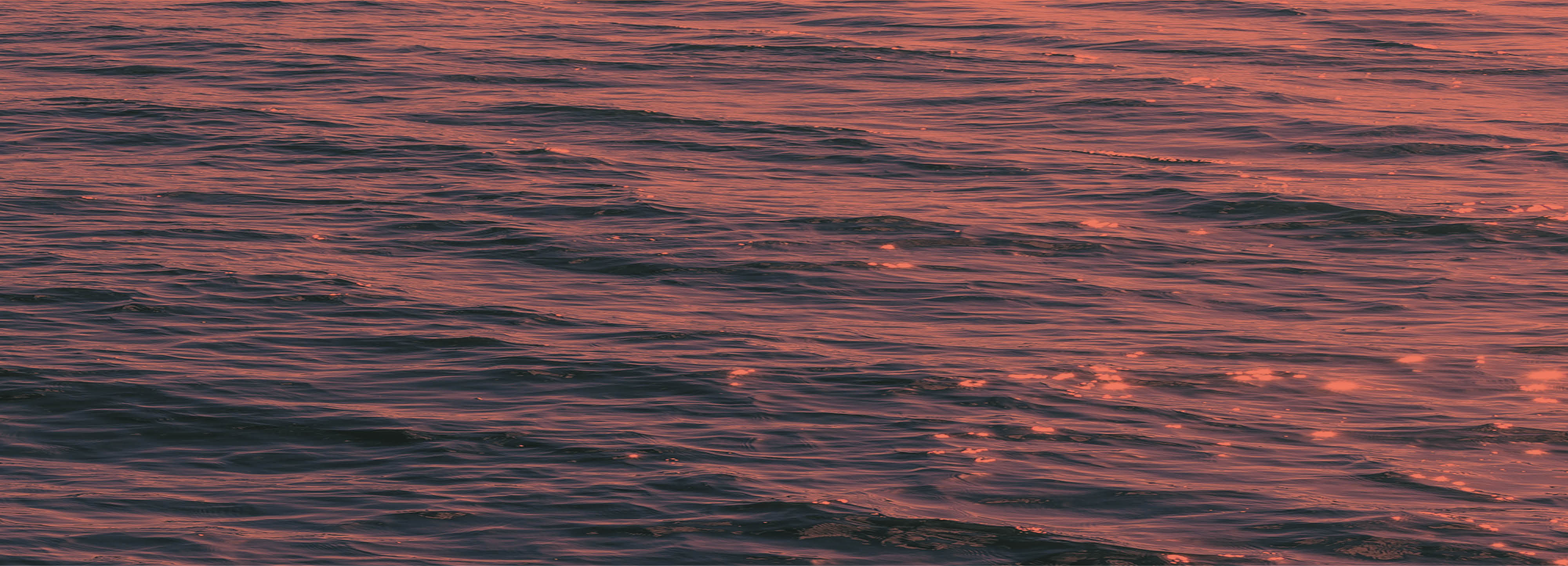
mediterranean
perspective
In the pandemic era
The recent events have challenged many certainties and dramatically accelerated an already existing crisis. The Covid-19 pandemic, as well as other historical pandemics, could be considered a great opportunity to shift gears and envision a new world.
The focus on “transition” (green and digital) explains that a process towards a new human society has just begun and that it will be faster than the major previous changing processes.
We need to rethink the future by trying, experimenting and creating a new horizon of meaning for our thinking and our acting. This should keep the planets’ health at the center, with the human being as part of a more extensive and complex concept of "living". Starting from the awareness that, if we have been able to radically change, we can do it again.
What contribution of vision, strategies, solutions can be offered by our Country and, more generally, by the Mediterranean “multiverse” to the question coming from the pandemic crisis?
We can express an alternative story-telling in terms of development model and future proposal, anchored to some cornerstones by which the Mediterranean means:
Cultural transition
“Se il Mediterraneo è senza dubbio la culla dell’Occidente, esso è però anche il luogo di intersezione tra l’Occidente e il suo Altro, o almeno ciò che esso ha ritenuto essere il suo Altro, in particolar modo la cultura arabo-musulmana” (Gritti, Laurano, Bruno, 2009).
Cultural and ethnic plurality
“… a Méditerranée est un très vieux carrefour. « Depuis des millénaires tout a conflué vers elle, brouillant, enrichissant son histoire : hommes, bêtes de charge, voitures. Marchandises, navires, idées, religions, arts de vivre (Braudel, 2007)
Complex relations with the living
“La visione del cosmo e il modo di rapportarsi al contesto naturale danno vita a un naturalismo, immaginifico e potente, di cui la modernità ha smarrito il senso…. Ben altra dignità e ben altro valore acquisirebbe la condizione umana se si ricominciasse a guardare la natura con gli occhi incantati dei pensatori greci… dei filosofi naturalisti del Rinascimento.” (Alcaro, 2006)
Technical innovation and tradition
“Oggi il lavoro artigiano conosce una nuova vita. Dopo essere stato a lungo confinato ai margini di una modernità che ha imposto la rigorosa separazione fra progetto e produzione, il lavoro artigiano sperimenta una rinnovata legittimità economica e culturale.” (Micelli, 2016)
Diversity of production environment
“Non si tratta… semplicemente… di una ‘forma organizzativa’ del processo produttivo di certe categorie di beni, ma di un ‘ambiente sociale’ in cui le relazioni tra gli uomini, dentro e fuori dai luoghi della produzione, nel momento dell’accumulazione come in quello della socializzazione, e le propensioni degli uomini, verso il lavoro, il risparmio, il giuoco, il rischio, ecc., presentano un loro particolare timbro e carattere.” (Becattini, 1987)
Relation with genius loci
“Quella del Mediterraneo rimane quindi una realtà sfuggente, caratterizzata dall’esistenza di molti genius loci, costituiti dagli antichi mercati, dai siti archeologici, da luoghi e spiagge che richiedono di essere valorizzati; ma non sottoposti ad una esposizione che ne svuoti il piacere della scoperta. Nella nostra epoca dove i non-luoghi… sono sempre più numerosi, i genius loci mediterranei costituiscono un prezioso sistema alternativo.” (Branzi, 2004)
Relation with genius historiae
“… For the three continents, the Mediterranean Sea is a unifying factor and the center of world history. Here is Greece, the bright spot in history. In Syria, Jerusalem is also the center of Judaism and Christianity, to the southwest are Mecca and Medina, the original seat of the Muslim faith. Towards the west are Delphi, Athens, Rome even further west; also Alexandria and Carthage lie on the Mediterranean. The Mediterranean Sea is, therefore, the heart of the Old World, it is its necessary condition and its life. Without it it would be impossible to represent history, it would be like imagining ancient Rome or Athens without the forum, where everyone gathered
Relation with the legend, the ritual and the holy
“… On this great river one could glide forever-and here we discover the definition of bliss, salvation, heaven, all the old Mediterranean dreams: a journey from wonder to wonder, drifting through eternity into ever-deeper, always changing grandeur, through beauty continually surpassing itself: the ultimate Homeric” ” (Edward Abbey)
Co-revolutionary relationship with nature
“Mi viene in mente che forse non posso essere un architetto moderno perché sono un architetto mediterraneo. La ‘modernità’ non è stata forse inventata dai popoli del Nord? Dove fa freddo, dove piove molto e la frutta non si riempie mai abbastanza di zucchero?” (E. Sottsass)
Complexity and mixité
“le città mediterranee con tutto il loro disordine, con tutte le loro intemperanze, sono ancora i luoghi che non hanno subito o hanno rifiutato o hanno subito il meno possibile il dominio dello zoning, che vuol dire divisione delle attività, distinzione tra spazio privato e spazio pubblico, ordine precostituito… Ecco, nel sud che appartiene al Mediterraneo, si vede una città molto più articolata, molto più complessa” (G. De Carlo).


